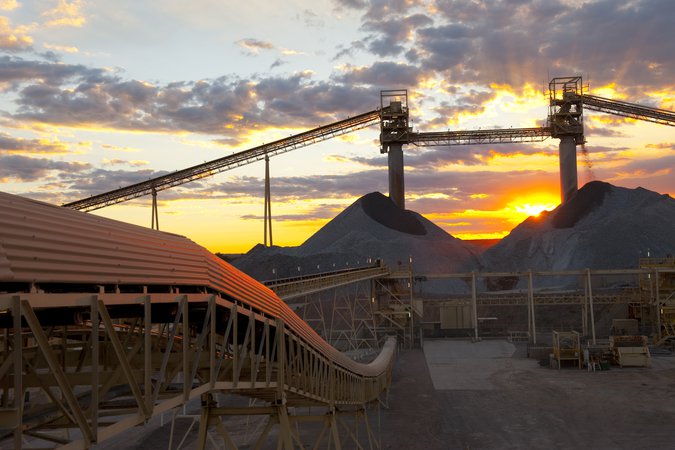RFF Launches Lab to Support New Critical Mineral Scholars
Resources for the Future is pleased to announce the launch of the Critical Minerals Research Lab, a virtual hub to help PhD students develop, improve, and disseminate policy-relevant research on critical minerals.
💡What’s the story?
Resources for the Future (RFF) is pleased to announce the launch of the Critical Minerals Research Lab, a virtual hub to help PhD students develop, improve, and disseminate policy-relevant research on critical minerals. The lab aims to approach critical minerals research with an interdisciplinary lens: student researchers accepted to the program will collaborate with peers from different academic fields to develop new perspectives for their work.
The lab will be accepting applications until July 30 and will officially launch in September.
Researcher Perspective
“Research on the role of critical minerals in the energy transition is in its infancy. It’s important to create places for people who study this topic to come together and share their thoughts on this issue from different perspectives. Helping researchers foster new relationships and mindsets early on in their careers will be important to developing and informing sound, well-rounded policies for critical minerals.”
—Beia Spiller, RFF Fellow
🏫What will the lab do?
The lab is led by Beia Spiller, a fellow and director of the Transportation Program at RFF; Kate Whitefoot, an associate professor in Carnegie Mellon University’s College of Engineering; Nicole Smith, an associate professor in the mining engineering department at the Colorado School of Mines; and Karan Bhuwalka, a staff scientist with Stanford University’s STEER group.
The working group will involve monthly meetings, presentations and Q&A sessions by students, discussions of policy-relevant topics, and networking opportunities. The lab will also help inform students of grant funding opportunities, proposed and upcoming legislation, and conferences. By participating in the lab, students from across the country will be able to improve their research questions and approaches and, in turn, the policy recommendations that emerge from their work. Next year, RFF will host a virtual, public workshop where the students will present their work to a broad audience.
For more information about the lab and its motivations, read Spiller’s new Common Resources blog post.
⚒️ How can I get involved?
The team is searching for a diverse group of students across a broad range of interests, including but not limited to engineering, economics, policy, anthropology, and sociology. The first class of scholars will consist of 12 to 15 PhD students who are conducting independent research in a relevant area.
Students interested in participating in the lab should apply using the instructions on the lab’s webpage. Applications are due July 30, 2024. If you have any questions, please contact Beia Spiller.
Resources for the Future (RFF) is an independent, nonprofit research institution in Washington, DC. Its mission is to improve environmental, energy, and natural resource decisions through impartial economic research and policy engagement. RFF is committed to being the most widely trusted source of research insights and policy solutions leading to a healthy environment and a thriving economy.
Unless otherwise stated, the views expressed here are those of the individual authors and may differ from those of other RFF experts, its officers, or its directors. RFF does not take positions on specific legislative proposals.
For more information, please see our media resources page or contact Media Relations and Communications Manager Annie Tastet.




